Are you looking for better home prices, or even a lower mortgage rate? You might find both in one place: a newly built home. While many buyers are overlooking new construction, it could be your best opportunity in today’s market. Here’s why.
There are more brand-new homes available right now than there were even just a few months ago. According to the most recent data from the Census and the National Association of Realtors (NAR), roughly 1 in 5 homes for sale right now is new construction. So, if you’re not looking at newly built homes, you’re missing out on a big portion of what’s available.
And with more new homes on the market, builders are motivated to sell their current inventory. As a result, many are taking steps to draw in buyers.
Builders Are Cutting Prices
According to Buddy Hughes, Chairman of the National Association of Home Builders (NAHB):
“Almost 40% of home builders reduced sales prices in the last month . . .”
That means builders are being realistic about today’s market and adjusting to what buyers can afford. It’s their way to keep their inventory moving.
So, builders may be more willing to negotiate price than you’d expect – and that means your dollar may go further if you buy a newly built home. Lean on your agent to see what’s available and what incentives builders are offering in and around your area.
Builders Are Offering Lower Mortgage Rates
Here’s something most people don’t know. Right now, buyers of brand-new homes often get better mortgage rates than buyers of existing homes.
That’s because many builders are also offering rate buydowns to make their homes more attractive and keep sales moving. Basically, they’re willing to chip in to lower your rate, so you’re more likely to buy one of their homes.
Data from Realtor.com shows, in 2023 and 2024, buyers of newly built homes got a mortgage rate around half a percent lower compared to those who bought existing homes (see graph below):
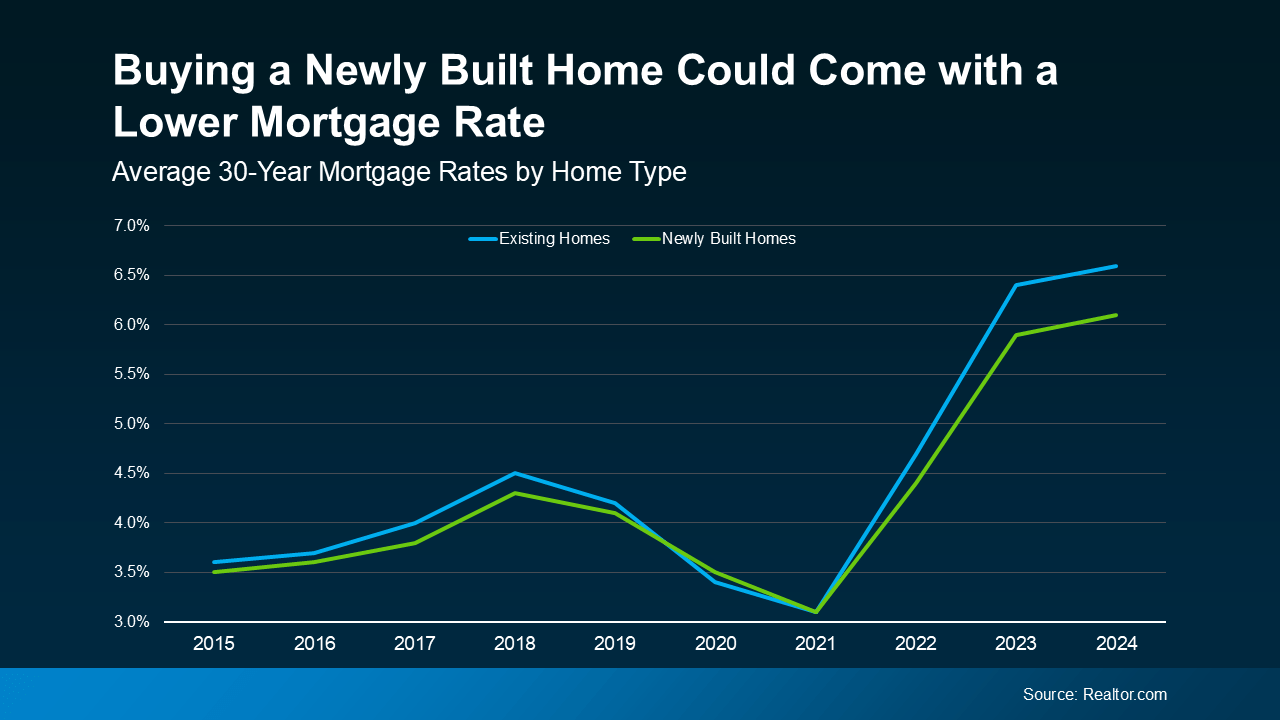 That kind of savings adds up and makes a big difference when you’re figuring out your monthly budget.
That kind of savings adds up and makes a big difference when you’re figuring out your monthly budget.
So, if you haven’t found something you love yet, it’s time to add newly built homes to your search. You may find that what you’ve been looking for is already out there, it’s just in a new home community.
Bottom Line
More choices, the potential to negotiate on the price, and maybe even better mortgage rates make these options a bright spot in today’s housing market.
If you haven’t considered a newly built home yet, what’s holding you back?
Talk to a local real estate agent about what’s available and if a newly built home makes sense for you.



 Infographics3 weeks ago
Infographics3 weeks ago
 First-Time Buyers4 weeks ago
First-Time Buyers4 weeks ago
 Economy3 weeks ago
Economy3 weeks ago
 Buying Tips4 weeks ago
Buying Tips4 weeks ago
 For Sellers3 weeks ago
For Sellers3 weeks ago
 Affordability3 weeks ago
Affordability3 weeks ago
 For Sellers2 weeks ago
For Sellers2 weeks ago
 Infographics2 weeks ago
Infographics2 weeks ago
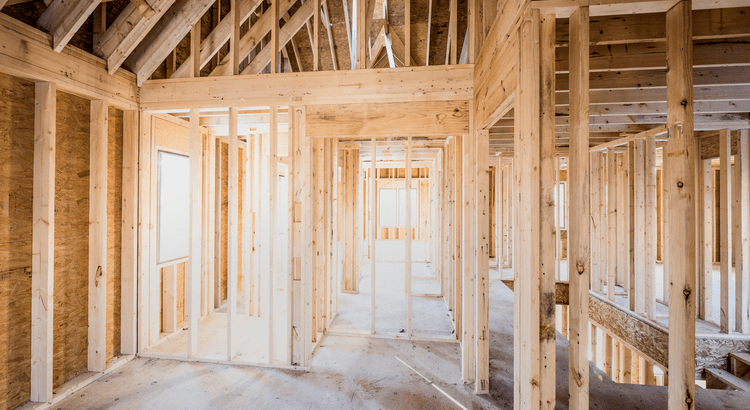


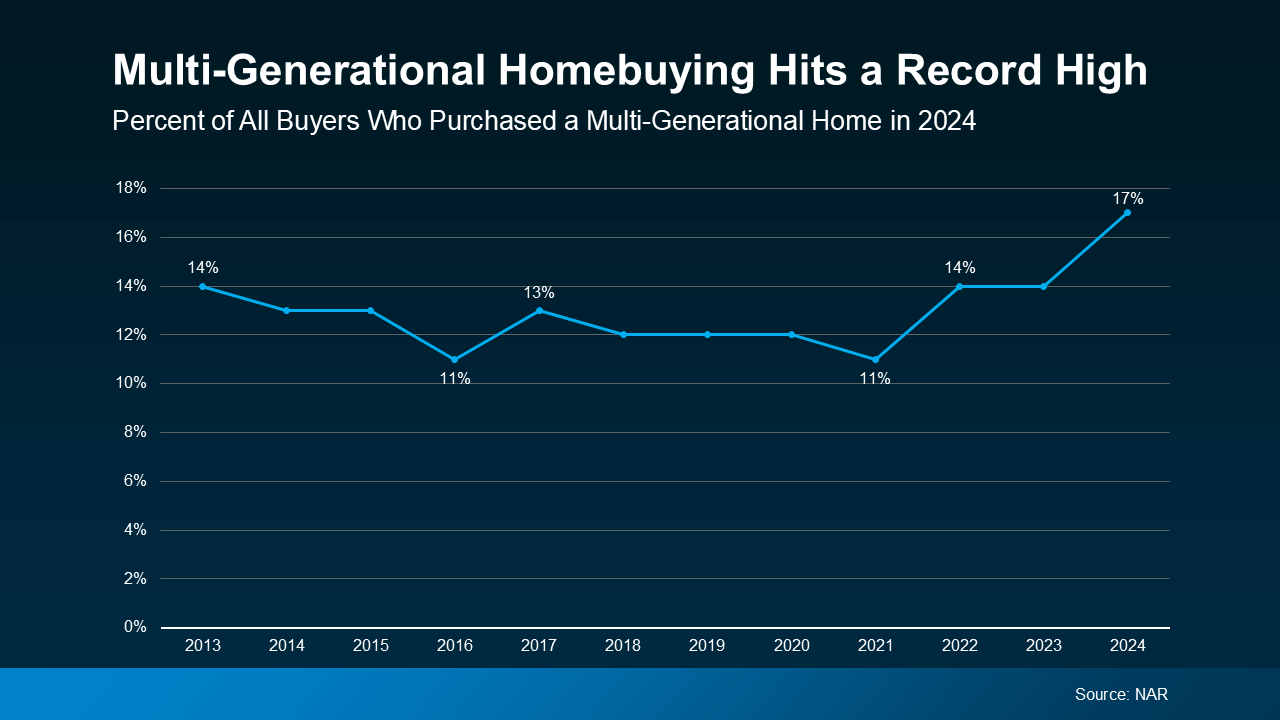

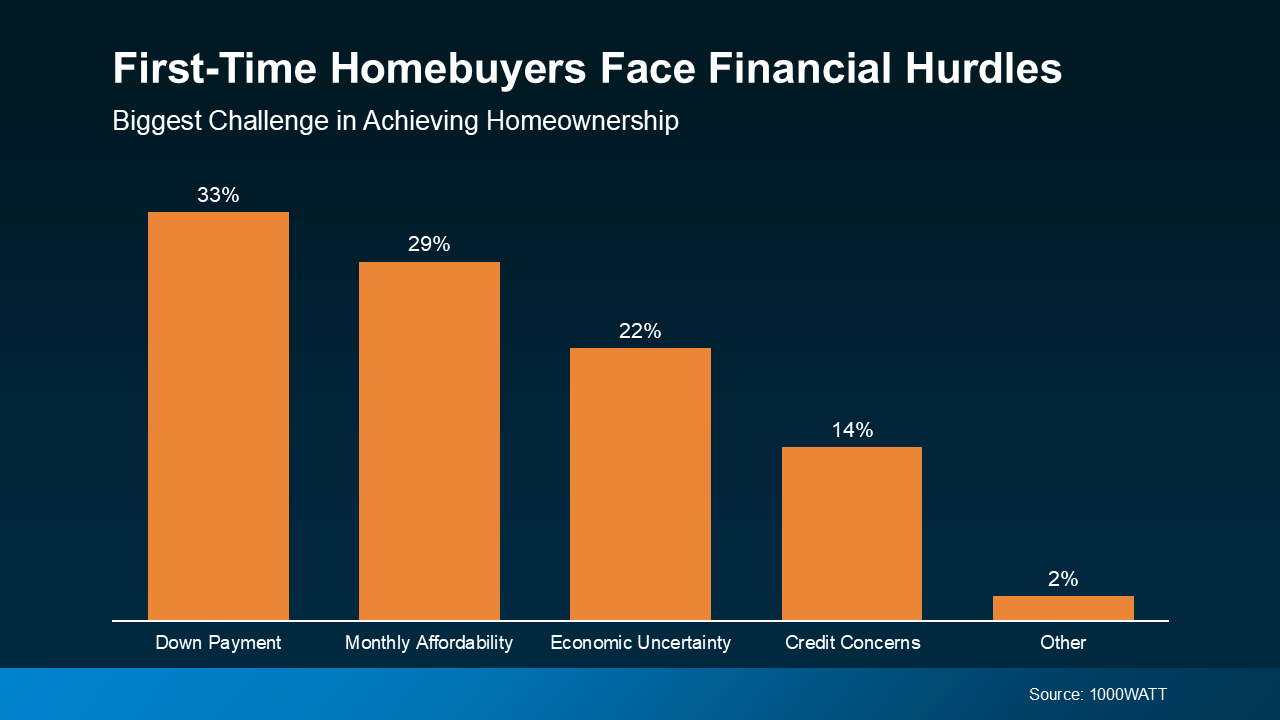 That’s Where FHA Loans Come In
That’s Where FHA Loans Come In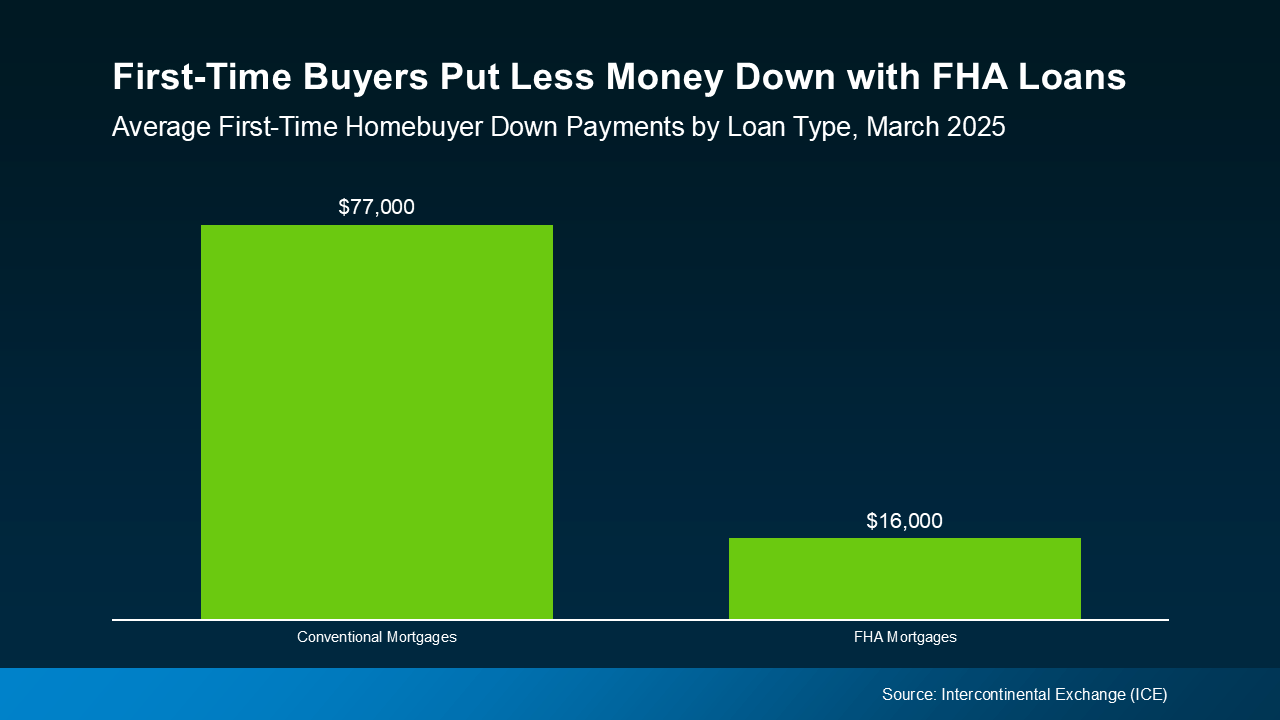 Essentially, buyers who use an FHA loan may not have to come up with as much cash up front. But the perks don’t stop there. You may also be able to pay less monthly, too.
Essentially, buyers who use an FHA loan may not have to come up with as much cash up front. But the perks don’t stop there. You may also be able to pay less monthly, too.







You must be logged in to post a comment Login